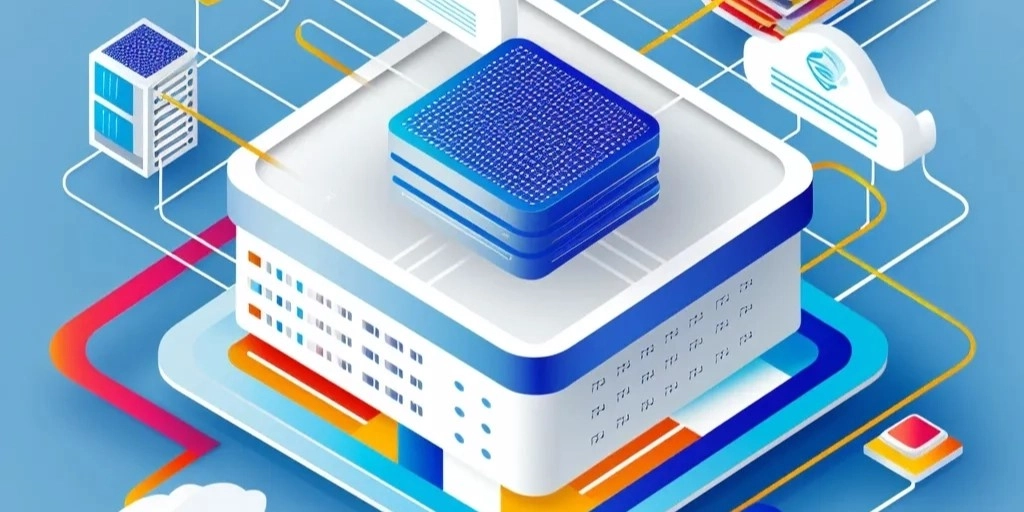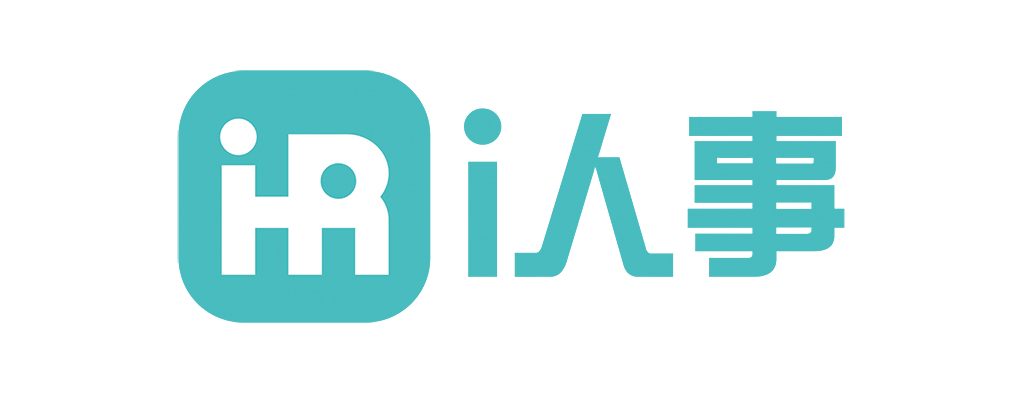
一、Understanding the Role and Responsibilities of a Supply Chain Director
1.1 Core Responsibilities
A Supply Chain Director is responsible for overseeing the entire supply chain process, from procurement to delivery. This includes managing suppliers, optimizing logistics, and ensuring timely delivery of products. The role also involves strategic planning to improve efficiency and reduce costs.
1.2 Strategic Importance
The Supply Chain Director plays a crucial role in aligning supply chain operations with the overall business strategy. This involves collaborating with other departments such as finance, marketing, and operations to ensure that supply chain activities support the company’s goals.
1.3 Key Performance Indicators (KPIs)
To measure success, a Supply Chain Director must track various KPIs such as inventory turnover, order accuracy, and delivery times. These metrics help in identifying areas for improvement and ensuring that the supply chain is running smoothly.
二、Acquiring Necessary Educational Background and Certifications
2.1 Educational Requirements
A bachelor’s degree in supply chain management, business administration, or a related field is typically required. Advanced degrees such as an MBA can provide a competitive edge.
2.2 Professional Certifications
Certifications such as the Certified Supply Chain Professional (CSCP) or the Certified in Production and Inventory Management (CPIM) can enhance your credentials. These certifications demonstrate a deep understanding of supply chain principles and practices.
2.3 Continuous Education
The field of supply chain management is constantly evolving. Staying updated with the latest trends and technologies through continuous education and professional development courses is essential.
三、Developing Key Skills and Competencies
3.1 Analytical Skills
A Supply Chain Director must possess strong analytical skills to interpret data and make informed decisions. This includes the ability to analyze supply chain metrics and identify trends.
3.2 Leadership and Communication
Effective leadership and communication skills are crucial for managing teams and collaborating with other departments. A Supply Chain Director must be able to clearly articulate strategies and motivate their team.
3.3 Problem-Solving Abilities
The ability to quickly identify and resolve issues is essential. This includes troubleshooting supply chain disruptions and implementing solutions to prevent future problems.
四、Gaining Relevant Work Experience in Supply Chain Management
4.1 Entry-Level Positions
Starting in entry-level positions such as supply chain analyst or logistics coordinator can provide valuable experience. These roles offer insights into the day-to-day operations of a supply chain.
4.2 Mid-Level Management
Progressing to mid-level management positions such as supply chain manager or operations manager allows for the development of leadership skills and a deeper understanding of strategic planning.
4.3 Cross-Functional Experience
Gaining experience in different areas of the supply chain, such as procurement, logistics, and inventory management, can provide a well-rounded skill set. This cross-functional experience is invaluable for a Supply Chain Director.
五、Navigating Challenges and Problem-Solving in Different Scenarios
5.1 Supply Chain Disruptions
Supply chain disruptions, such as natural disasters or supplier issues, can have a significant impact on operations. A Supply Chain Director must be able to quickly assess the situation and implement contingency plans.
5.2 Cost Management
Balancing cost efficiency with quality and service levels is a constant challenge. A Supply Chain Director must find ways to reduce costs without compromising on performance.
5.3 Technological Advancements
The rapid pace of technological advancements presents both opportunities and challenges. A Supply Chain Director must stay informed about new technologies and assess their potential impact on the supply chain.
六、Building Professional Networks and Continuous Learning
6.1 Networking
Building a strong professional network is essential for career growth. Attending industry conferences, joining professional organizations, and connecting with peers can provide valuable insights and opportunities.
6.2 Mentorship
Seeking mentorship from experienced professionals can provide guidance and support. A mentor can offer advice on career development and help navigate challenges.
6.3 Continuous Learning
The field of supply chain management is constantly evolving. Engaging in continuous learning through courses, workshops, and reading industry publications is essential for staying current and advancing in your career.
七、Conclusion
Becoming a qualified Supply Chain Director requires a combination of education, experience, and skills. By understanding the role and responsibilities, acquiring the necessary educational background and certifications, developing key skills, gaining relevant work experience, navigating challenges, and building professional networks, you can position yourself for success in this dynamic and rewarding field.
Visual Aids:
- Chart 1: Key Performance Indicators (KPIs) for Supply Chain Directors
- Chart 2: Career Progression in Supply Chain Management
- Diagram: Supply Chain Management Process Flow
Color Coding:
- Blue: Core Responsibilities and Strategic Importance
- Green: Educational Background and Certifications
- Orange: Key Skills and Competencies
- Purple: Work Experience and Cross-Functional Experience
- Red: Challenges and Problem-Solving
- Teal: Professional Networks and Continuous Learning
By following this structured approach, you can systematically build the necessary skills and experience to become a successful Supply Chain Director.
原创文章,作者:IT_editor,如若转载,请注明出处:https://docs.ihr360.com/strategy/it_strategy/160213
